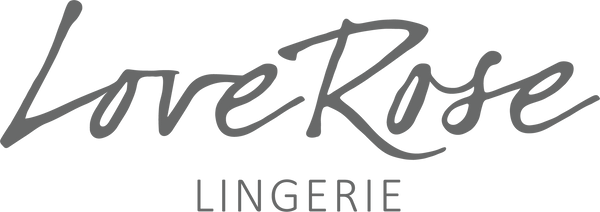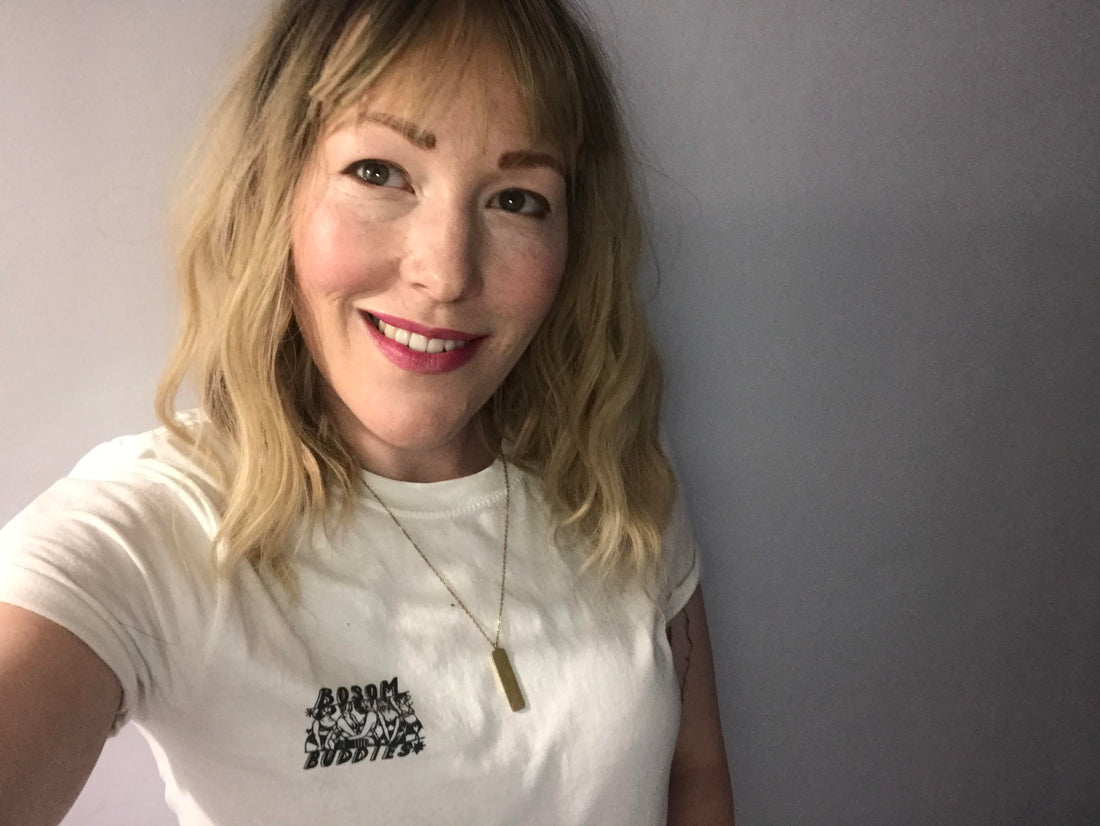It was August 2020. Eight months after my long-term partner lost his battle with depression and seven months since the start of the pandemic. I’d worked throughout as a nurse and had just bought my first home. I thought things were finally on the up and there couldn’t possibly be any more surprises. It had been one hell of a year and my life finally felt like mine again. Nothing else could go wrong – surely?!
But it did. There’s no right time to receive a cancer diagnosis. Cancer doesn’t care if you had a tough year or not.
It was a few weeks before that I’d found a lump while in the shower. I’d never thought to check my boobs and don’t think I would have known what I was looking for if I had. I didn’t think things like breast cancer happened to 31-year-olds.
I contacted the GP but it was delayed (thanks covid). Once they did see me, I was sent for an ultra-sound within two weeks. They took a biopsy and within a week I was asked to meet with a breast surgeon.
I knew in that moment I had cancer. My mum came with me to the appointment – I think she was more nervous than me! Of course, she had to wait in the car. So I heard the words “Sorry Beth, the biopsy has confirmed it is cancer” on my own. It was stage three.
Since then, I’ve had egg preservation surgery in case I become infertile from chemotherapy, which can be pretty invasive. I’ve had a full left-side mastectomy with an expander. This meant I didn’t have to wake up flat and also preserves my breast skin so I can have a full re-construction at some point down the line. It’s a massive bonus BUT it does mean I have an awkward and sometimes uncomfortable subdermal port on my ribcage that sticks out. No underwires for me anymore!
I was also tested for any gene mutations and I have a confirmed mutation in Brca2. Essentially, it’s linked to hormone-fed cancers like mine, which may lead to more surgeries and risk of reoccurrence down the line. I had pretty high lymph node involvement, so am also having around six months of chemotherapy which I am due (delay-dependent) to finish three weeks from now – wahoo! After this I will have three weeks of radiotherapy. Then it’s the end of my ‘active treatment’.
I’ll need to stay in a medical menopause until I hit true menopausal age and I’ll be on other hormone inhibiting medications to help reduce the risk of the cancer coming back. I’ll also have regular scans and check-ups for the rest of my life. It’s reassuring, but also really intimidating.
Throughout my diagnosis and treatment, my friends (especially my support bubble) and my family (especially my mum) have been amazing. I really am surrounded by some truly wonderful people; I am very lucky. During the pandemic, keeping in touch with people through Zoom has been great.
I also make sure I go out in nature every day. I have tried to maintain a good level of exercise. I still do HIIT classes every week, alongside bike rides, running and yoga. Exercise is proven to reduce chemo side effects and I have found it unbelievably helpful for my physical and mental health. I’ve learnt to be kinder to myself too. I have a new respect and love for my body and its ability to survive that I didn’t have before.
Cancer is an absolute rollercoaster of emotions which can be hard to contain at times. Sometimes I worry that illness and I are a burden for others, and it can be a very lonely place. Trying to make sure I remain connected is vital.
Social media and support groups such as the Trekstock community have been helpful. They let you chat to others who get what you are going through in a way no-one else can. I have found it so helpful to put some of my story online. It’s given me a sense of pride and purpose.
I also arranged for counselling from a local charity called Oakleaf. They’ve really supported me through my diagnosis, and I would really encourage anyone, no matter what stage of your diagnosis, to seek talking therapies. It gives you a safe space where you don’t feel you have to minimise your feelings or protect others from you and your cancer.
Just remember, you are not alone, there is a big community of other cancer thrivers out there.
Some resources that I have used or found useful:
- Trekstock: They run an exercise programme and are tailored towards younger adults with cancer.
- Look Good Feel Better: This is a free service (currently on Zoom). It teaches you to do your make up and not loose your face shape when you lose your hair and eyebrows. Honesty invaluable!
- Macmillan: They have a lot of information about financial support. Strangely, having cancer isn’t cheap!
- Breast Cancer Haven: At the minute, they’re running Zoom courses on diet, exercise, self-care and yoga. Great resource.
- CoppaFeel! – For reminders and information on how to check – I have just become a Boobette to help raise awareness about breast cancer in younger adults and will start my training in April!

